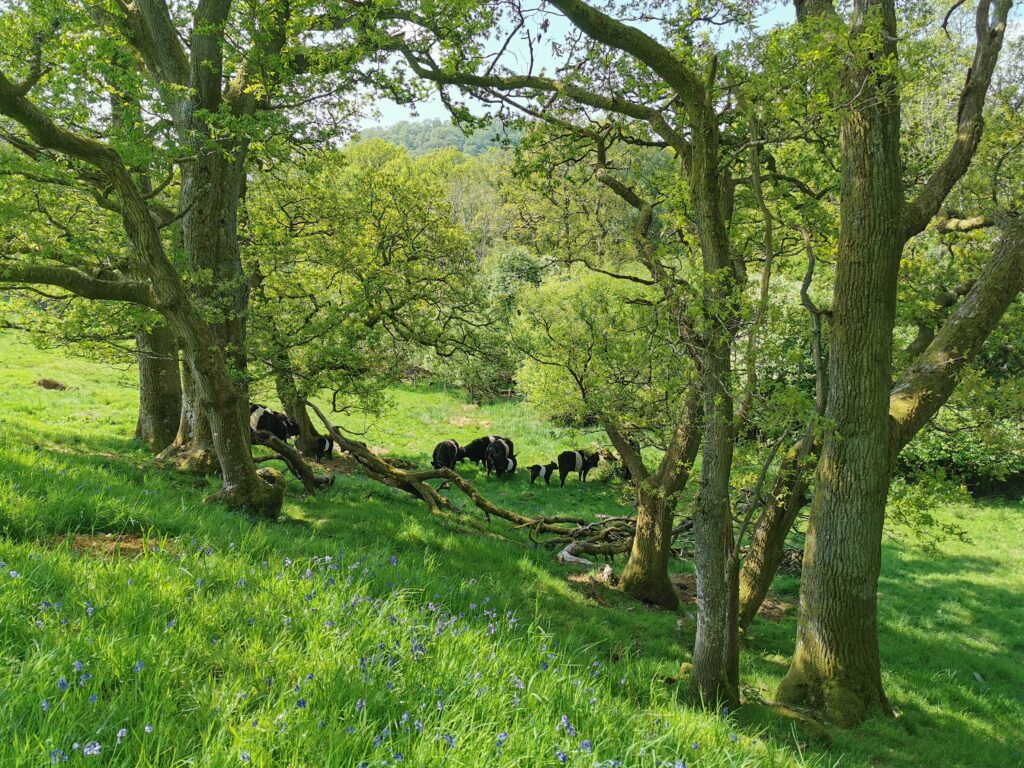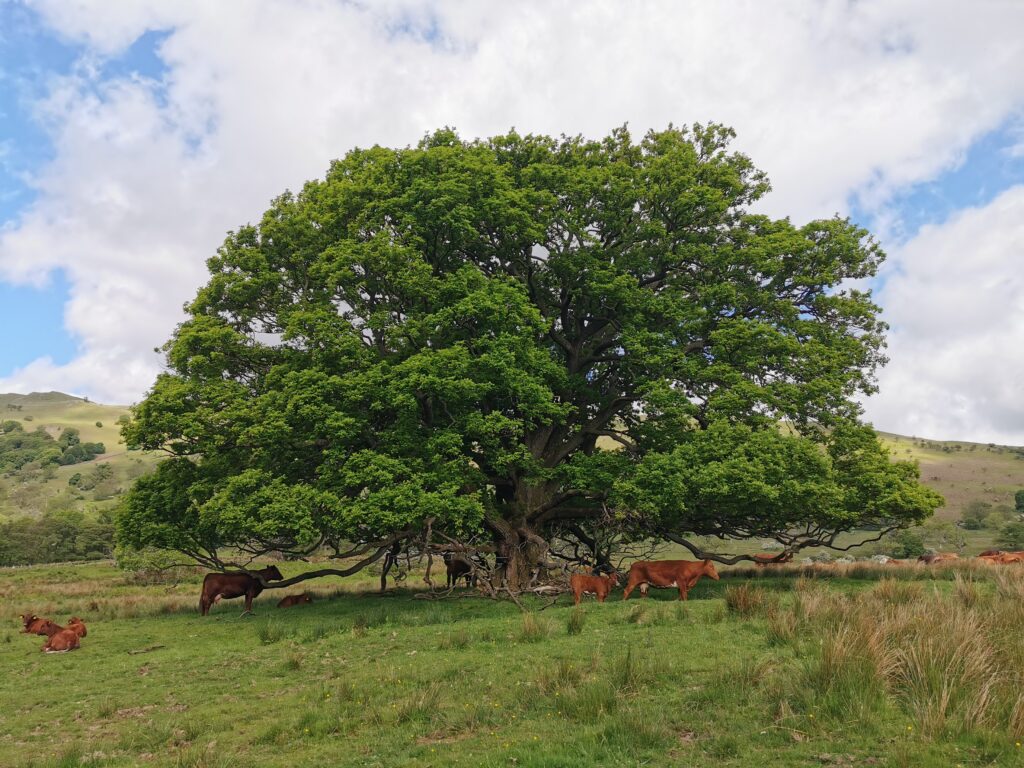Farming in the dramatic landscape of the Lake District goes back a long way. Neolithic people were the pioneers, making space to rear crops and fatten their primitive livestock in clearings they’d hacked out of wild woods that clothed the fells. Celts, Romans, Vikings and Normans arrived, each bringing new ideas, incrementally increasing the productivity of the countryside they relied upon. Over the centuries, crops and breeds fell in and out of fashion, responding to the ever-changing demands of society. The farming that dominates in the Lake District today, with its hefted flocks and hay meadows that feel so ancient and unshakeable, is just one chapter in this pastoral saga.

Farmers have always adapted in order to survive. In these challenging times that we live in, this adaptability is going to be more vital than ever, for the British countryside is at a crossroads. Now that we’ve left the European Union, the government is in the process of implementing a massive change in the way that farming and land management is supported, introducing a system that has the principle of public payment for public goods at its heart. In a few years’ time, in addition to what they earn from their edible produce, farmers may also be paid for improving wildlife habitats and the quality of air, soil and water, for reducing flooding, providing space for access and recreation and for locking up carbon. These aren’t just nice things to have; these public goods are essential to our national prosperity and our personal wellbeing. Meeting these demands while continuing to make a living is a gauntlet laid down to anyone with land to care for, be they farmer, conservation organisation or landed gentry.
This isn’t a change that feels optional. We’re staring two intertwined global crises in the face; our climate is in turmoil, and our wildlife is dwindling. If we are to avert calamity, every sector needs to find a way to contribute solutions, and farming is no exception. Countless reports have shown beyond doubt that the intensification of farming that has occurred since the 1950s has played a big part in the decline of wildlife across the country. With different incentives, the hope is that farming can pivot to become a major part of the solution. New approaches to farming that work with, instead of against nature, could change the fate of our cherished habitats and species, as well as helping to keep the climate catastrophe at bay.
It’s a big shift, and it will be several years before the new system is fully in place, but Cumbria’s land managers aren’t resting on their laurels while the government sorts out all the details. There is a huge amount of innovation occurring across the county. Over the course of this series, I’ll be visiting places on the threshold of this brave new world and meeting the people who are rising to meet the challenges of the future. They are not all farmers as you might recognise them; perhaps we’d be better to call them stewards, as each is caring for the land and the wild and domestic creatures that reside in it in the best way they know how. No one approach is any better than any other. Each delivers something distinct, an outcome of the place, its people and their passions.

This is the introduction to a series of articles on Farming with Nature in Cumbria. It was first published in the March 2021 edition of Cumbria Life Magazine